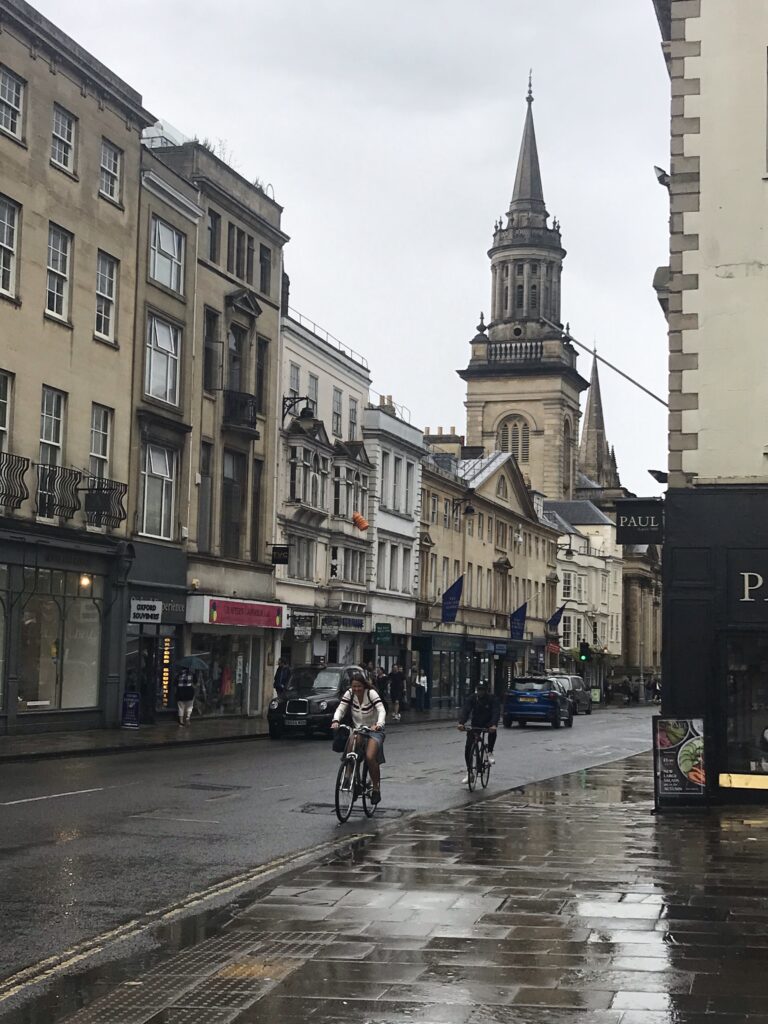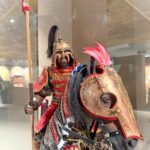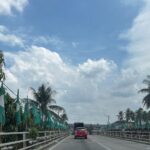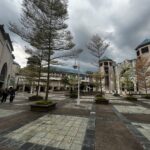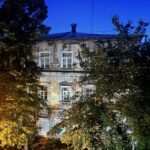Revised 2025 (Part 3/5)

Under the cloak of midnight, we departed Makkah, hearts pounding with anticipation as we embarked on the sacred rite of wukuf in Arafah. This was no ordinary journey—it was the very essence of Hajj, one of its indispensable pillars. To miss standing in Arafah before sunset on the ninth of Dhul-Hijjah would render the pilgrimage incomplete, a thought that weighed heavily on our minds as we traveled through the stillness of the night.
By Allah’s grace, we arrived in Arafah just thirty minutes later, though we were far from the first. The plains were already alive with movement—tents pitched, lanterns glowing, and pilgrims settling into their temporary abodes. Unlike the organized groups under Tabung Haji, we were on our own, which meant our first task was to secure a suitable spot. We chose a humble patch of earth near the toilets, within walking distance of the magnificent Masjid Namira—a grand structure that lay dormant for most of the year, opening its doors only once, on this very day.
The mosque would unlock its gates at 4:30 AM, and I intended to be among the first inside, eager to witness the fervor that erupted each year as pilgrims rushed in. But for now, at 2:30 in the morning, our modest Hajj shelter—little more than a makeshift shade—was nearly ready. It was a far cry from the plush, carpeted tents of Tabung Haji pilgrims, who enjoyed every comfort under the Saudi sun. Earlier that day, I had seen their fleets of branded buses, perfectly aligned outside a luxury hotel, ready to transport them in ease. Yet, we had chosen a different path—a thrilling ride atop a jeep for 20 riyals, wind in our faces, the desert stretching endlessly before us. Alhamdulillah, Allah had granted us the strength and resolve to embrace this adventure.
As dawn approached, Masjid Namira stirred to life. By 4:30 AM, thousands had gathered outside, restless under the looming heat. For most, the mosque’s air-conditioned halls were a refuge. But for others, the real prize lay within—copies of the Qur’an, generously donated by the King. The moment the doors opened, chaos erupted. Men shoved, grabbed, and fought like wild beasts, their ihram garments doing little to temper their aggression. It was a frenzy unlike anything I had ever seen—a storm of desperation that left me stunned. What drove them to such extremes? Was it devotion, or something else? I could only watch from a distance, bewildered.
By morning, the plains of Arafah had transformed into a sea of tents and fluttering sunshades. Thirst led me to an Indonesian vendor selling tea for a single riyal—what a brilliant idea, I thought. In this sacred yet merciless heat, even the simplest comforts became treasures. At one point, a stranger offered me a thousand riyals for my old camera—a “hot” commodity in a land where photography was often frowned upon.

As midday approached, the sun blazed mercilessly, its heat radiating from both sky and scorched earth. Water misters sprayed into the air, a feeble attempt to cool the pilgrims, but relief was fleeting. This was the reality for most of us—Malaysian students (many from the UK, with a few from Egypt, Jordan, and Syria)—camped under flimsy shades rather than air-conditioned tents. Simple, yes, but there was a raw beauty in this shared struggle. The Tabung Haji pilgrims may have had comfort, but where was the adventure in that?

The heat grew unbearable, the desert wind hurling dust into our faces. We sought whatever shade we could find, waiting for Dhuhr, our lips moving in silent dua, our hands flipping the pages of the Qur’an. The khutbah concluded, and as we prepared to pray, a sense of unity settled over us—patience, gratitude, and unwavering faith binding us together.
When the Adhan for Maghrib echoed across the plains, it was time to move. Rather than searching for a bus, we joined the river of pilgrims on foot, trekking the 9-kilometer path to Muzdalifah beneath a sky ablaze with stars. The journey was long, the road dusty, but every step was a testament to our devotion.
This was Hajj—not just a pilgrimage, but a trial of endurance, a story of faith written in sweat and sand. And with every hardship, Alhamdulillah, we embraced it all.


